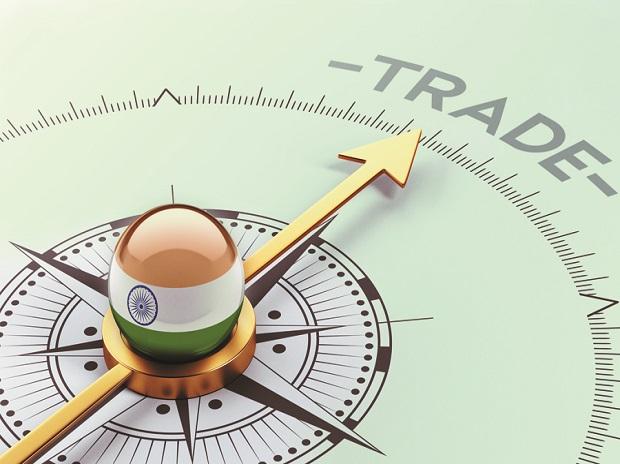
International News
India’s government will shortly find itself at a fork in the road. Will it choose globalisation and export-oriented growth? Or will the isolationists in the ruling Bharatiya Janata Party win, and keep India out of a giant Indo-Pacific trading bloc?This weekend, New Delhi hosted negotiators for the Regional Comprehensive Economic Partnership – from the 10 members of ASEAN as well as Australia, New Zealand, Japan, South Korea and China – in the hope that it could swing last-minute safeguards for some of its producers. Indian officials have stalled RCEP’s progress as much as they could, and the others are now losing patience. One way or another, the deal will have to be concluded by November, when the leaders of the 16 RCEP countries will meet in Bangkok. Malaysia’s Mahathir Mohammed, not a man known for patience, said in June that the other countries could go on without India, if necessary.
Many in New Delhi, even within the commerce ministry, would be relieved to see that happen. The belief that India has “lost” in most of its trade agreements is pervasive here. Influential lobbies tied to the country’s laggard producers are happy to remind officials how trade deficits soared with members of the Association of Southeast Asian Nations after a free-trade agreement was signed some years ago, for example. And there has always been a strong isolationist wing within the Hindu nationalist BJP – right-wing ideologues don’t just want India out of RCEP; they would prefer existing agreements with Japan, Korea and ASEAN be renegotiated, if not abandoned.
Of course, India can only be said to have “lost” if you ignore the considerable gains to consumers from cheaper imports. Once upon a time, Indian households had to worry constantly about high and variable prices of cooking oil....Read More
View Post
No comments:
Post a Comment